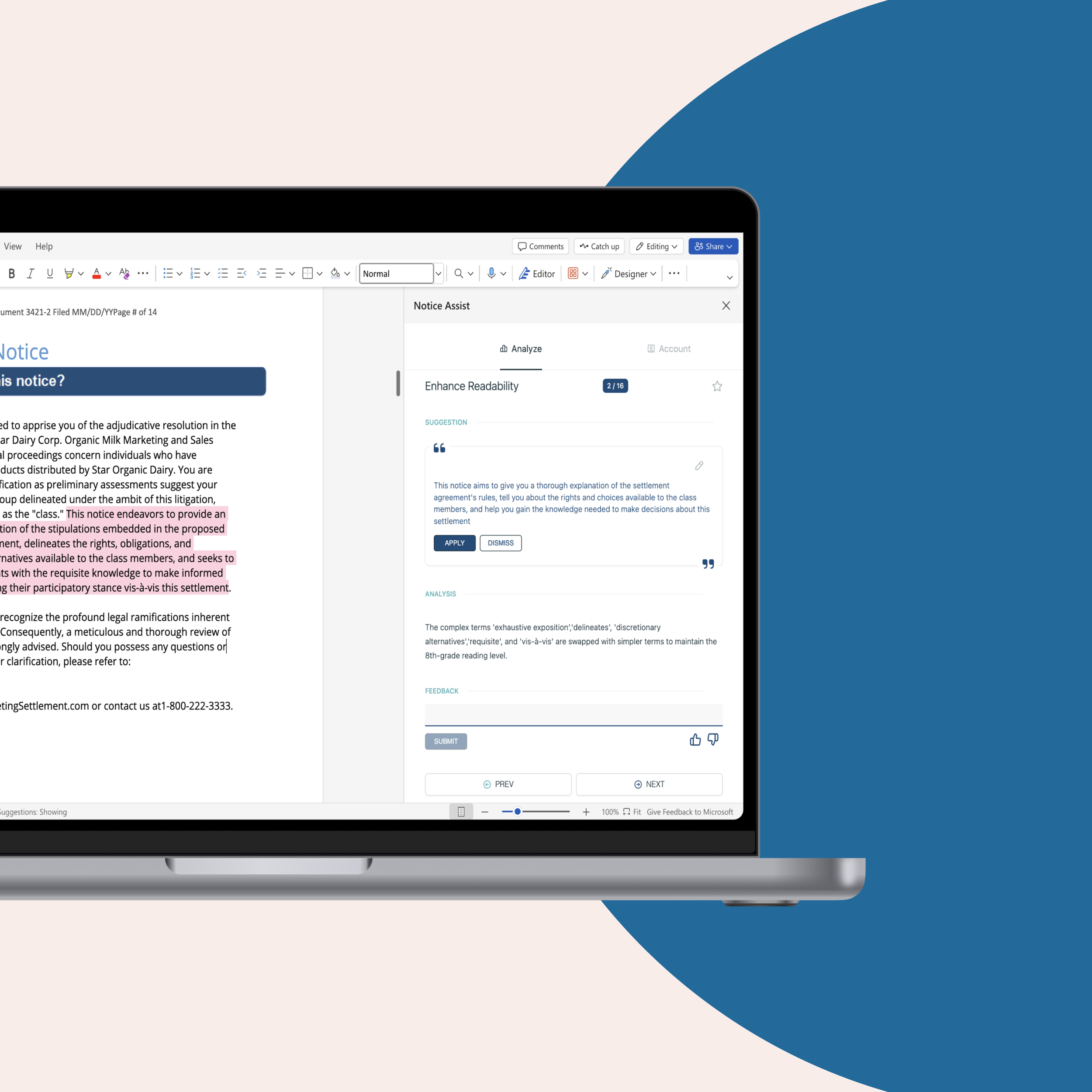Seventh Circuit Win For African-American Teachers
Jocelyn D. Larkin
Executive Director, Impact Fund
More favorable class action news to report from the Seventh Circuit. In an opinion by Judge Rovner, the Seventh Circuit reversed the denial of class certification for a class of African-American teachers alleging race discrimination arising from the Chicago School Board’s closure of 10 schools as part of its “turnaround” program. Chicago Teachers Union et al. v. Board of Educ. of the City of Chicago, 2015 WL 4667904 (7th Cir. Aug. 7, 2015). The decision interprets Wal-Mart Stores v. Dukes to permit a challenge to a multi-step process, which includes both objective and subjective phases.
The Chicago School Board’s “turnaround” program involves taking over schools deemed “deficient” and removing existing administrators and faculty. Tenured teachers who are removed must find a new position within one year, or be terminated. The CEO of the public schools identified an initial list of over 200 schools that met the baseline eligibility for turnaround (i.e. one year on probation). The CEO then reduced the list to 74 based on achievement test scores and graduation rates. The final 10 schools were determined by a group of decision-makers who relied on a range of factors, some objective and some subjective (i.e. school culture, trends, leadership). The selected schools came only from the south and west sides of Chicago. Of the 213 displaced teachers, 51% were African American, although African-American teachers represented only 27% of all tenured teachers. The district court held that the class failed to satisfy commonality because there was no central, uniformly applied policy nor a single decision-maker.
The appellate panel (Rovner, Kanne, Springmann) held that not only could the plaintiffs demonstrate a common question based on the first two objective tests, but also upon the third, subjective step. Judge Rovner relied on Connecticut v. Teal to find that the initial objective criteria could “taint the entire process” and provide the necessary glue to bind the class. Citing to McReynolds v. Merrill Lynch, the court affirmed that subjective decisions made by local managers are not beyond the reach of class treatment under Wal-Mart, so long as the class “is affected in a common manner, such as where there is a uniform policy or process applied to all.” Even though schools were selected for different reasons, a “small group of key people” considered the same factors in making the decisions. While the defendant attempted to describe the factors in lots of different ways, the court easily “boil[ed] them down” to ten factors. Significantly, there was also one decision-making body exercising this discretion.
The panel also concluded that the lower court erred in refusing to certify an injunctive and declaratory relief class under Rule 23(b)(2). The plaintiffs sought a single declaration and injunction against the turnaround program, not individualized injunctive remedies. Finally, based on its earlier discussion of commonality, the court concluded that Rule 23(b)(3) predominance was satisfied, even though individualized determinations of damages would be required.











